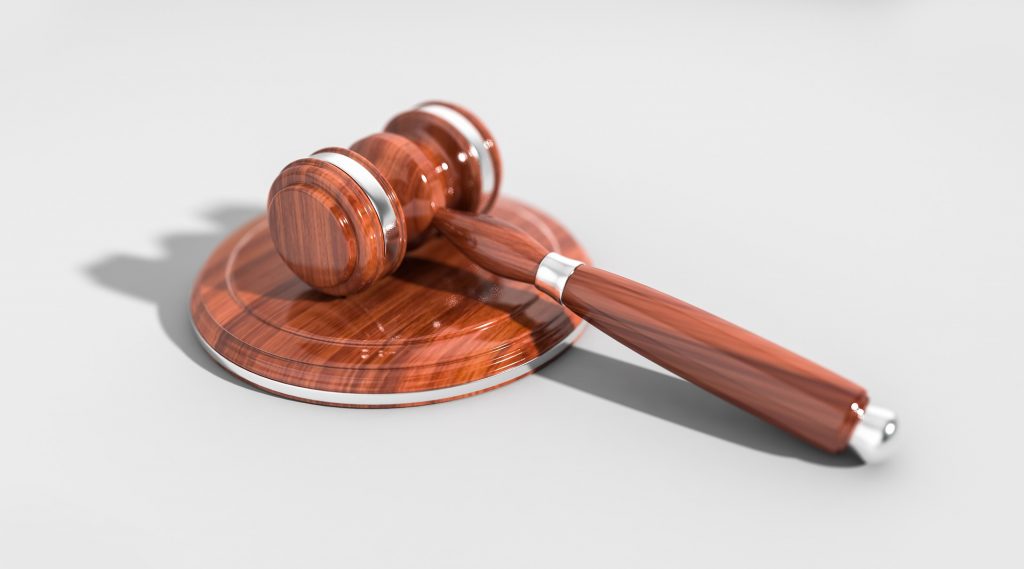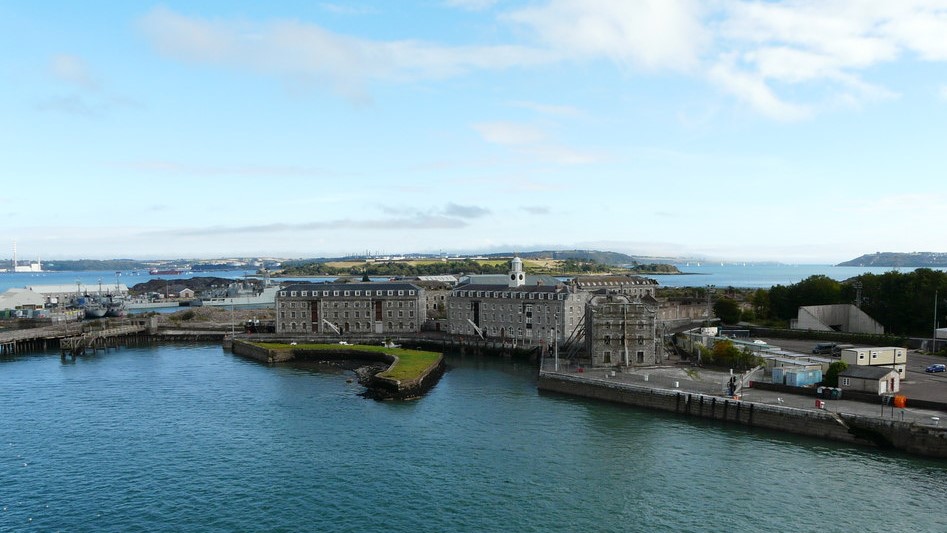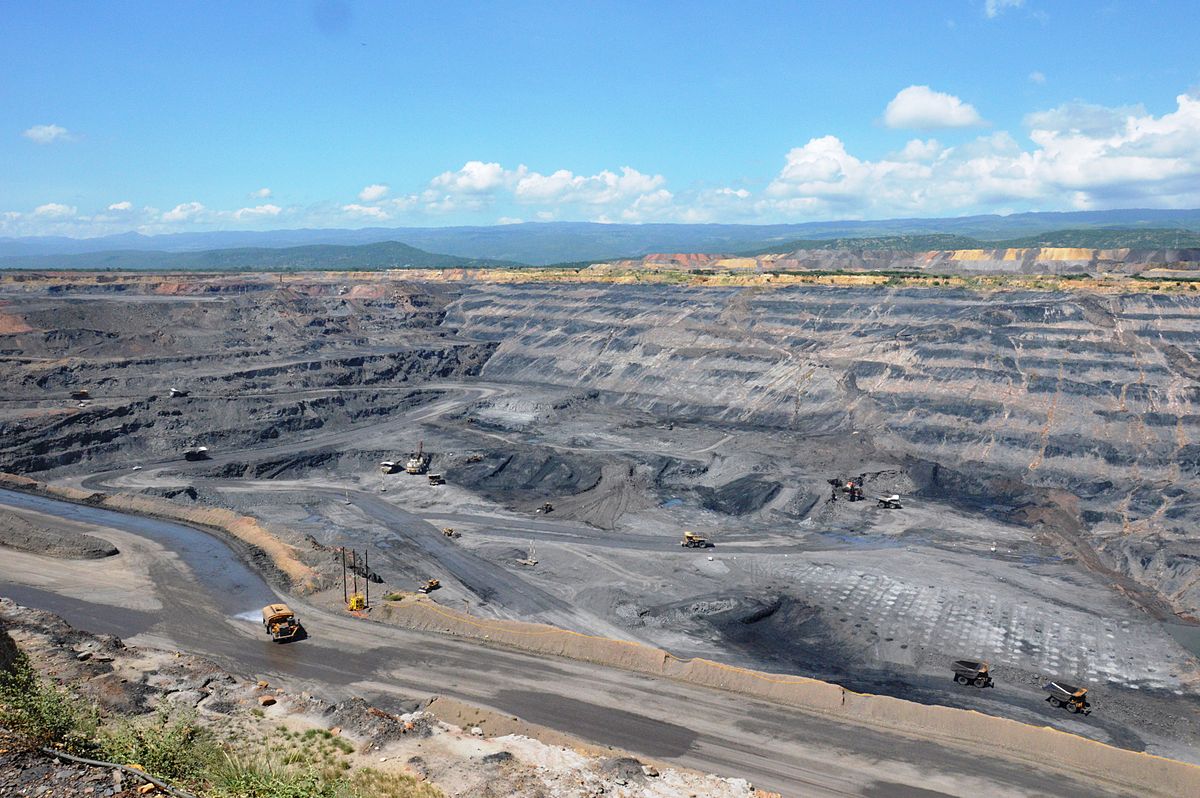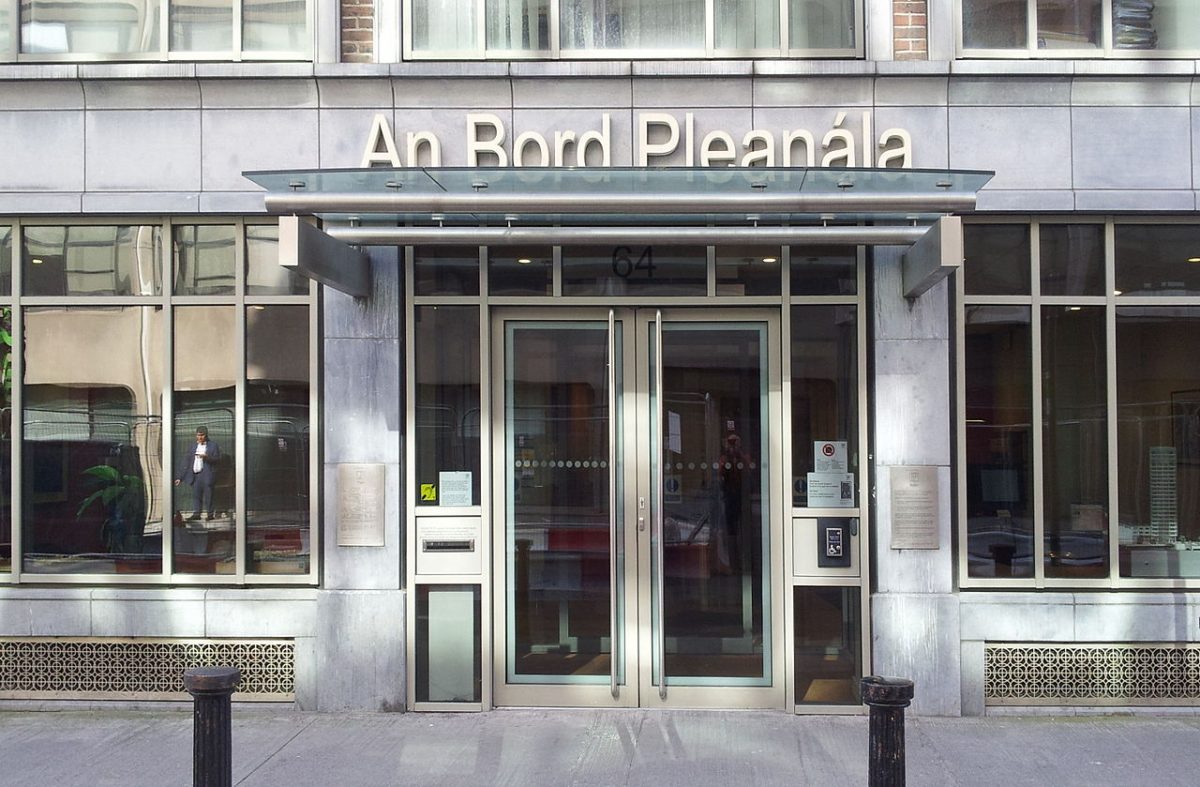BREAKING: Records of Cabinet discussions released for first time

September 20th, 2018
The Department of the Taoiseach has released records of Cabinet discussions for the first time after it lost a legal battle over the release of climate change-related documents.
The historic release is in relation to an Access to Information on the Environment (AIE) request made by the campaign group Right to Know (R2K) for documents on Cabinet discussions about emissions levels between 2002 and 2016.
The 2016 request was originally refused by the department on the grounds of Cabinet confidentiality. However, a recent High Court decision in favour of the transparency-focused group directed the department to re-examine the request.
Eighteen documents, many heavily redacted, have now been released covering discussions on the likes of energy supply, emissions projections, the carbon budget and climate-related legislation dating back to 2003.
https://www.documentcloud.org/documents/4769979-AIE-Cabinet-Discussions-of-GHG.html
Timeline of Case
The original 2016 request by R2K brought up 31 records held by the Department. In May 2016, however, the Department refused to release any of the documents on the grounds of Cabinet confidentiality.
R2K then request an internal review of the decision for several reasons, including that it was “wrong in law” as it did give primacy to EU law over national law and that there was no “balancing exercise” carried out to determine if the constitutional protection for confidentiality outweighed that of releasing the documents in the public interest.
An internal review carried out by the department “affirmed” the original decision not to release the records due to the “constitutional protection for the confidentiality of discussions at meetings of the Government”.
R2K was advised by the department that it could make an appeal to the Commissioner for Environmental Information. However, the group declined and instead brought the case before the High Court on the grounds that the department was not permitted under EU law to blanket exclude all 31 documents from disclosure.
In an affidavit, one of the founding members of R2K, Gavin Sheridan, said that the case raised “fundamental issues” about the relationship between national and EU law, as well as issues around the transparency of the Government’s decision-making process on environmental issues.

Photo: Qimono
Holding decision-makers to account
Mr Sheridan said that the right to access environmental information under national, European and UN regulations is not an “abstract, standalone right”. This right, he said, is instead “central” to ensuring “effective public participation” in decisions in environmental matters and in ensuring that powerholders are held accountable for such decisions.
In a ruling in June 2018, Ms Justice Mary Faherty agreed that the department’s refusal was not in line with EU law and ordered the department to carry out another internal review. Ms Justice Faherty was clear in her judgement that government discussions do not get a “class exemption” from disclosure to the public.
“The classification of an entire type of environmental information as exempt from disclosure runs contrary to the letter and spirit of the [Aarhus] Convention,” she said in her judgement.
She said that the AIE regulations clearly require a balancing exercise to be carried out “in all circumstances” and that this “was not done” in this case. She directed the department to undertake a balancing exercise for each of the 31 documents identified by the department followed R2K’s original request in 2016.
“The public has a right to know how our Cabinet is discussing Climate Change, and what measures are being taken to mitigate its effects,” Right to Know said at the time. “We also should know if what is being said at Cabinet reflects what is being said in public.”
“We believe this to be a significant victory for access to information rights generally, and for the applicability of EU law when there is conflict with national law, including the Constitution.”
Presidential transparency
The group has also recently attempted to use environmental information access laws to bring some transparency to the Office of the President that is currently exempt from Freedom of Information requests.
Since, however, the State has updated the AIE Regulations to “remove any doubt” that the President, his office and the Council of State are excluded from the definition of a public authority.
[x_author title=”About the Author”]







